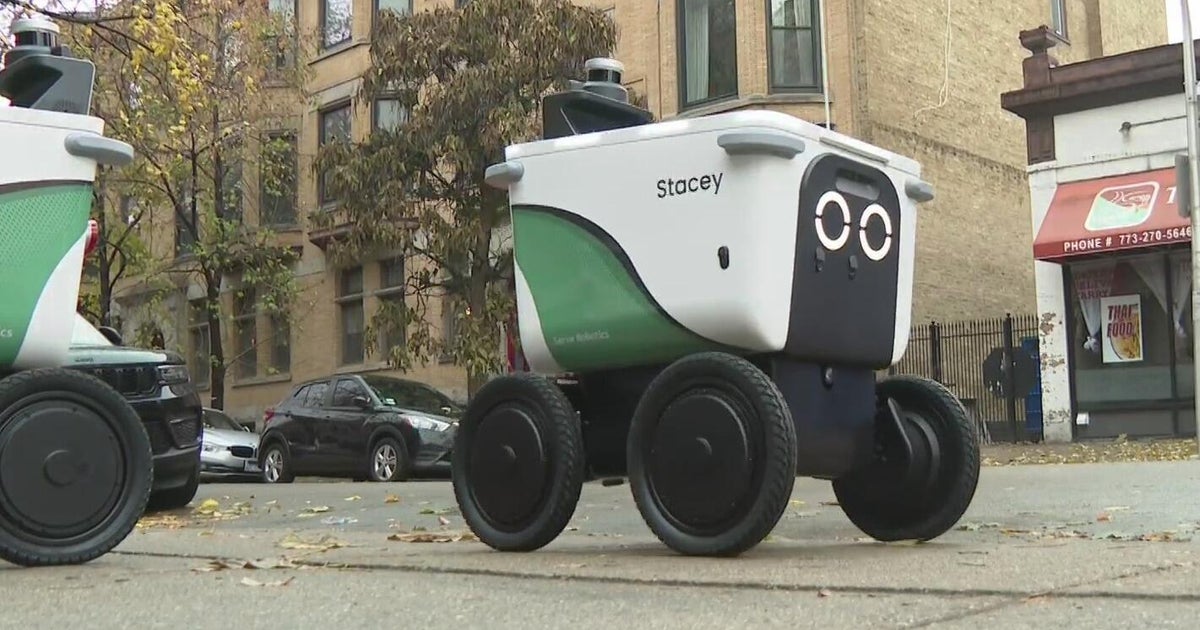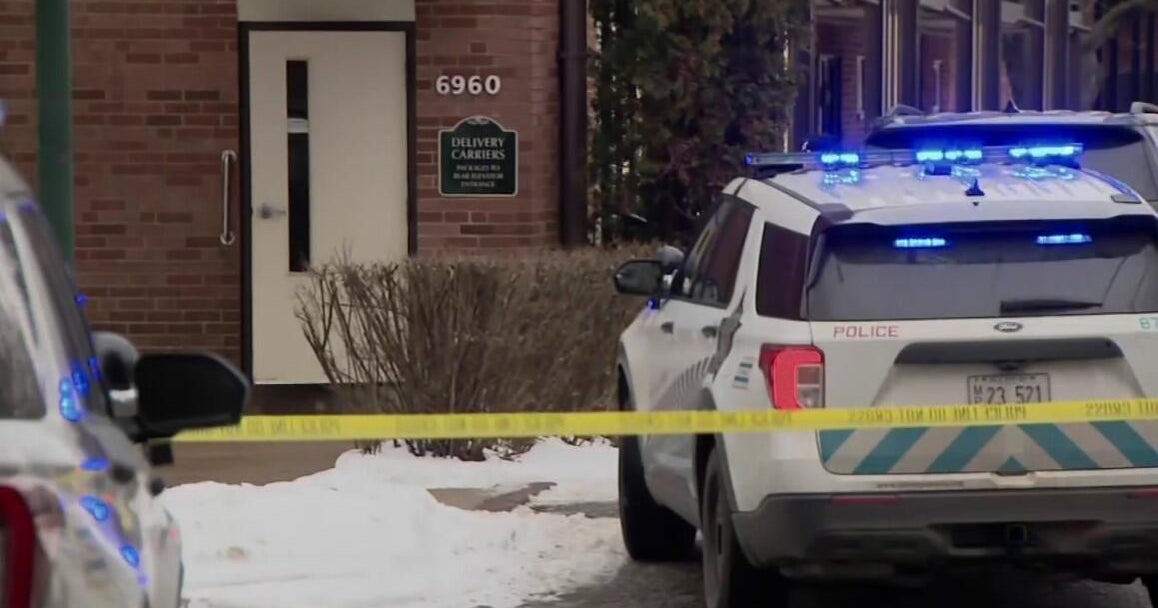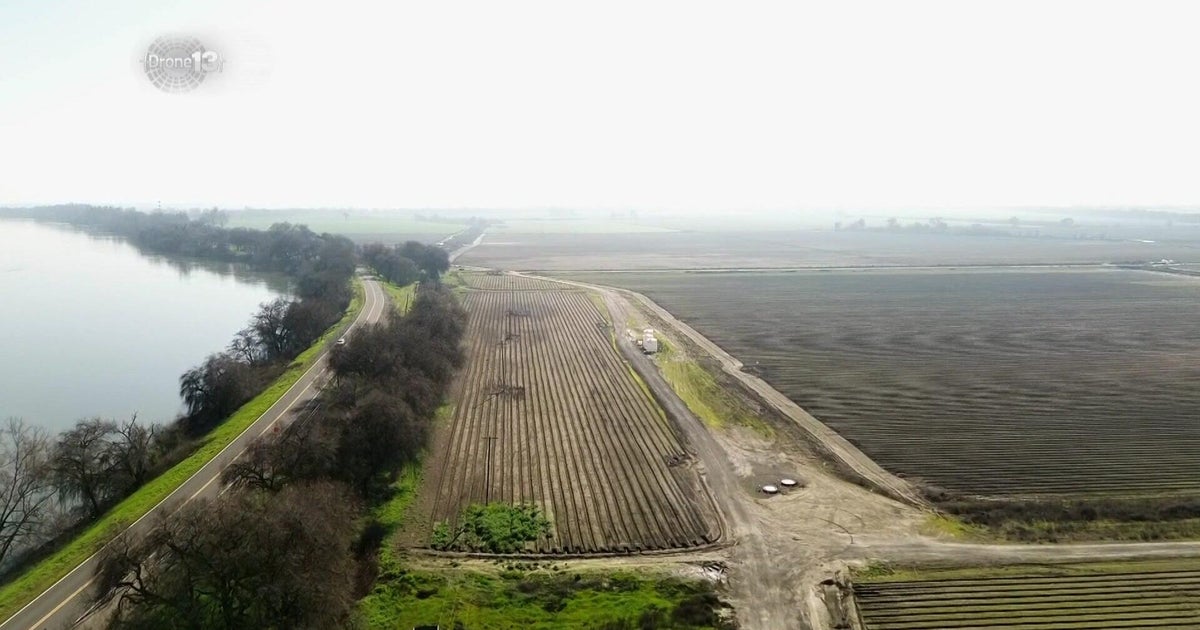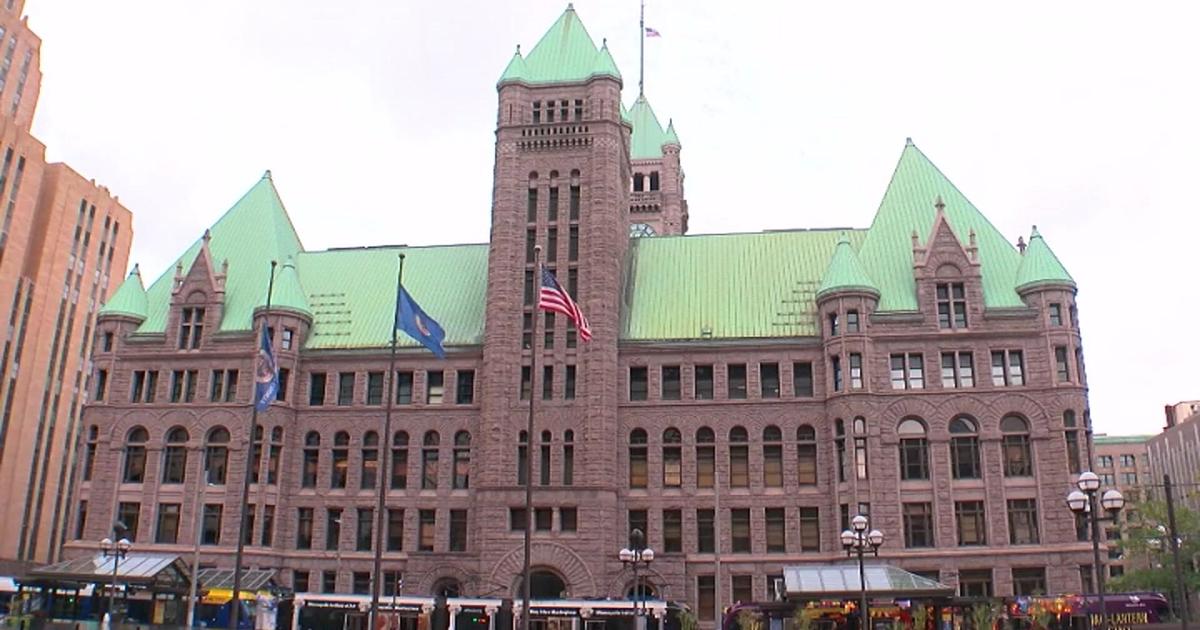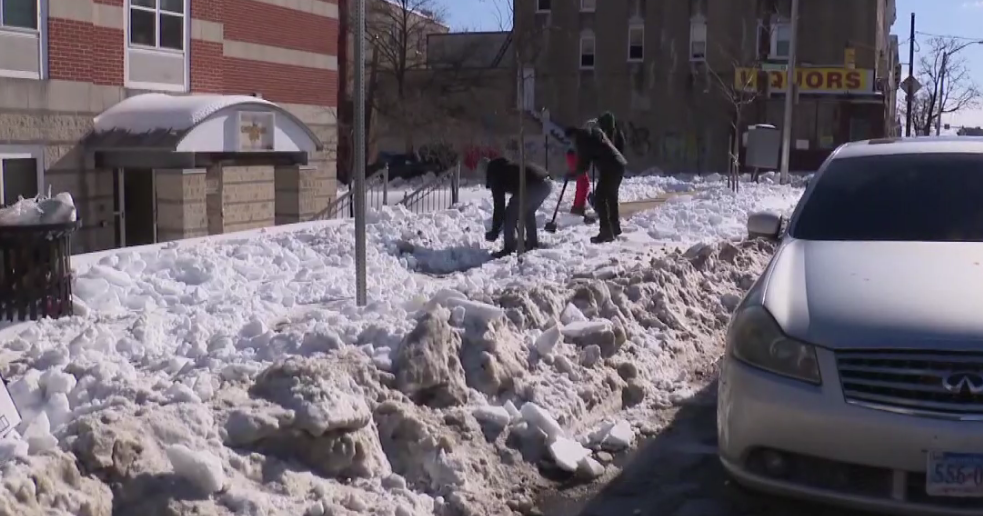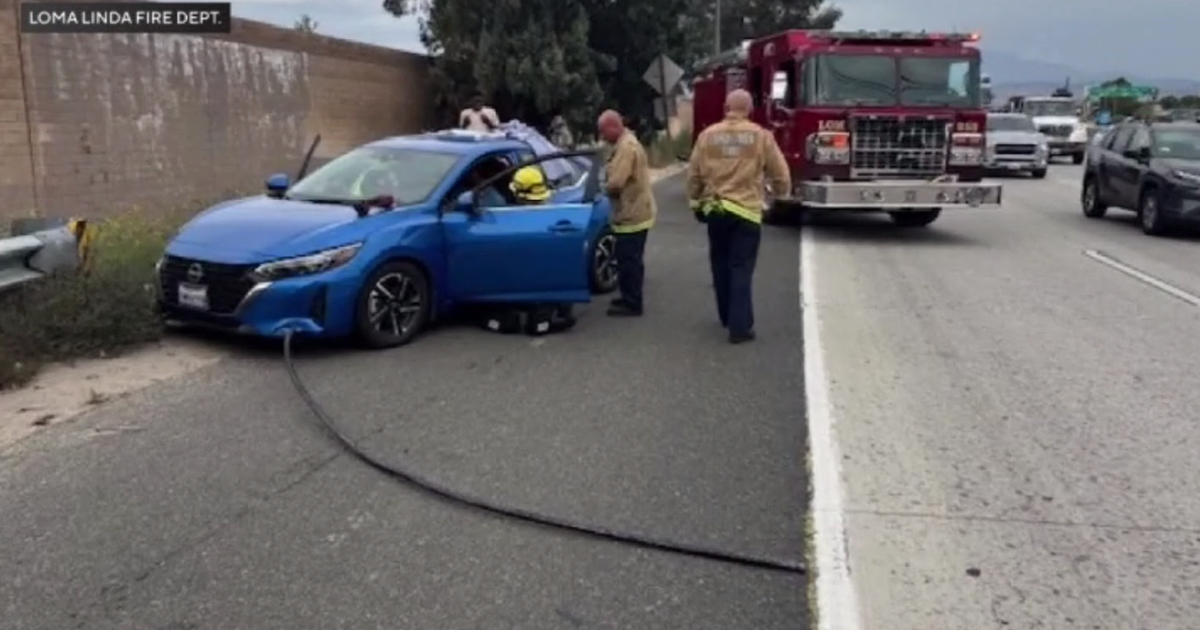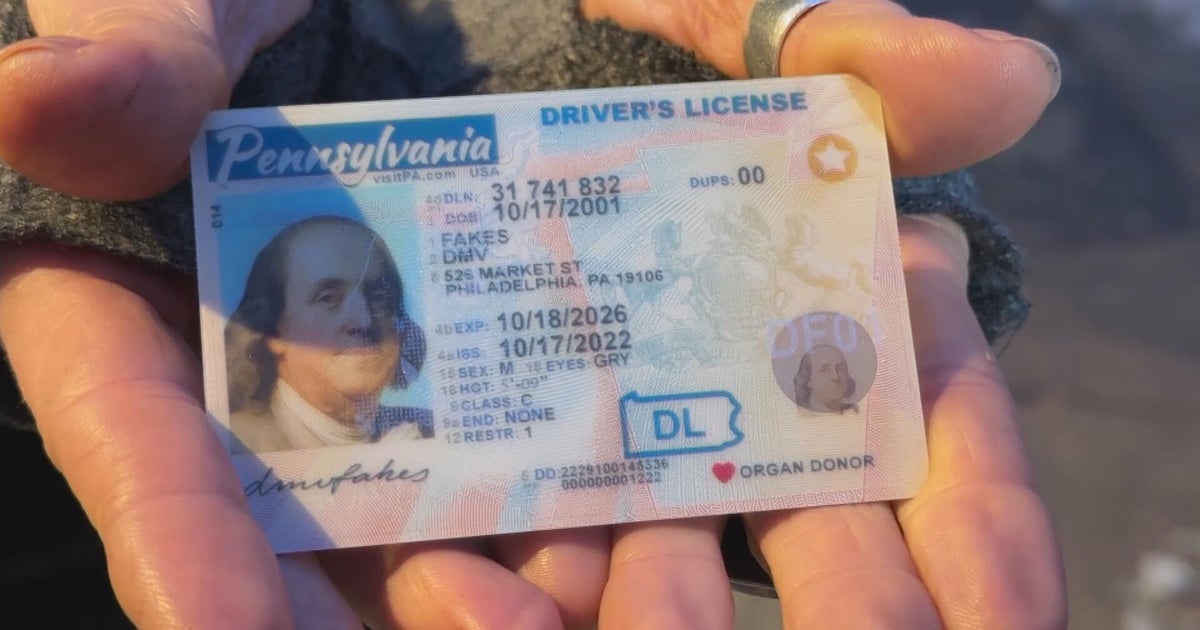'Room For Improvement'; Outgoing Alderman Suggests Changing Menu Program
CHICAGO (CBS) -- An outgoing Chicago alderman said the city's system for fixing roads, sidewalks, and other infrastructure needs to be improved.
Ald. Margaret Laurino (39th) said finding funding for those projects was a frequent frustration during her 25 years in office.
"There isn't enough money to do all the work that needs to be done in any given community," Laurino said.
Each of the city's 50 wards receives $1.3 million a year in so-called "menu money."
Like a menu at a restaurant, aldermen choose to spend that money on a variety of projects to improve infrastructure or quality of life in their wards – such as repaving streets, repairing sidewalks, new traffic signals, improved street and alley lights, bike lanes, and more.
The trouble is, that's not nearly enough money to address each ward's needs. Paving just one block can cost as much as $100,000.
"How do you actually make decisions? Because, truthfully, a million dollars doesn't go very far," Laurino said.
The alderman acknowledged it's possible for some demands to fall through the cracks. Bob Burrows, a 39th Ward resident, waited two years for his street to be paved.
Last year's top three menu money expenditures show a variety of uses.
They include $495,000 for residential street light improvements in the 50th Ward, $400,000 for an elementary school playground renovation in the 1st Ward, and $350,000 for traffic signal modernization near a playground in the 46th Ward.
"I complain about it all the time," Laurino said.
The 600 blocks in Laurino's ward on the Northwest Side are about five times larger than the city's more densely populated lakefront wards.
"I always say, geographically, we're a bigger ward, and we need to have more dollars to do more resurfacing," Laurino said.
Last year, the city's inspector general suggested taking the final say for infrastructure funding decisions from aldermen, and turning it over to the Chicago Department of Transportation.
In an audit of the menu program, Inspector General Joseph Ferguson said giving each ward an equal amount of money for improvements to streets, alleys, and lighting shortchanges the whole city by about $123 million.
He also said it's not fair to some wards; those with dense populations and few streets get the same amount of money as geographically large wards with lots of streets.
"On the one hand, a ward on the Near North Side has 85 percent of its funding for infrastructure met by the menu program, while on the South Side – the 34th Ward, I believe – only 15 percent of needs are met by the menu program," he said.
Speaking candidly, Laurino acknowledged the political challenges in changing the system, and said she knows something needs to change.
"You can't say you're a smaller ward, so we're going to give you less money," she said. "The next City Council and the new mayor need to come in and take a look at this program once again, and say there is room for improvement."
